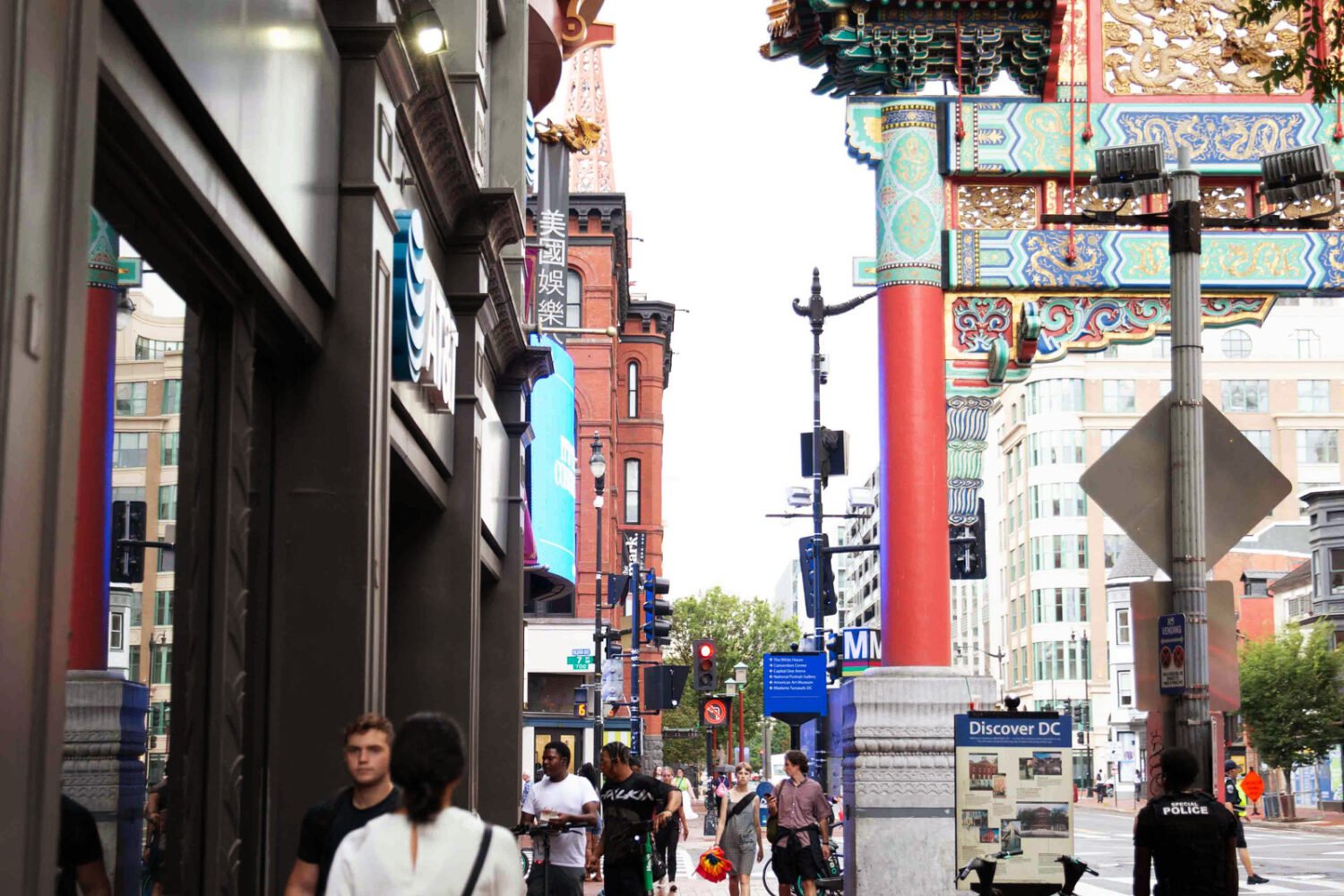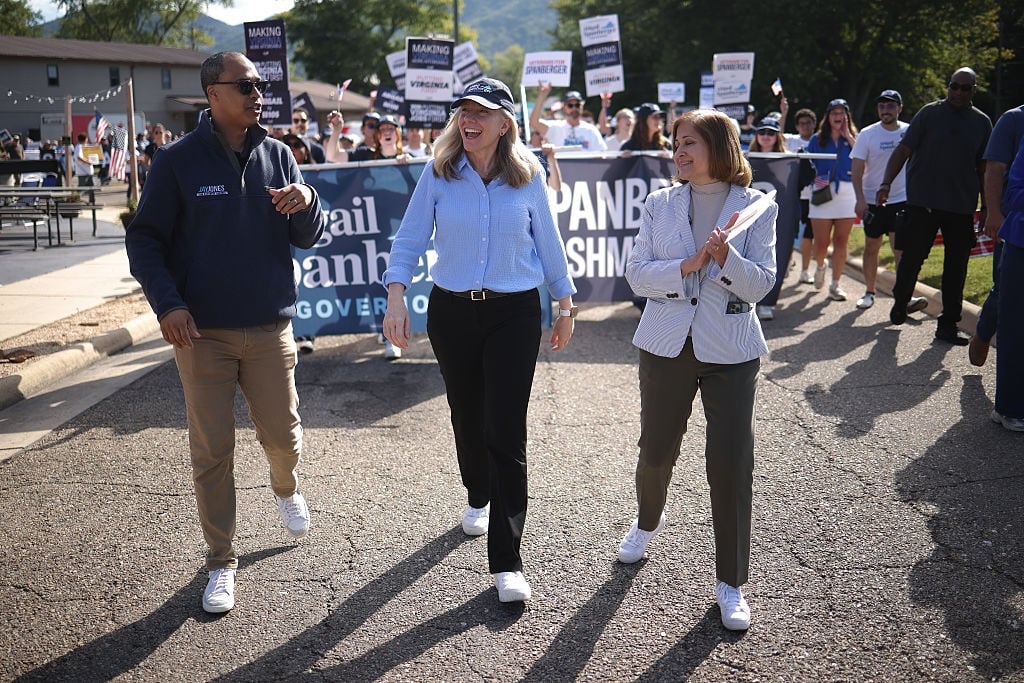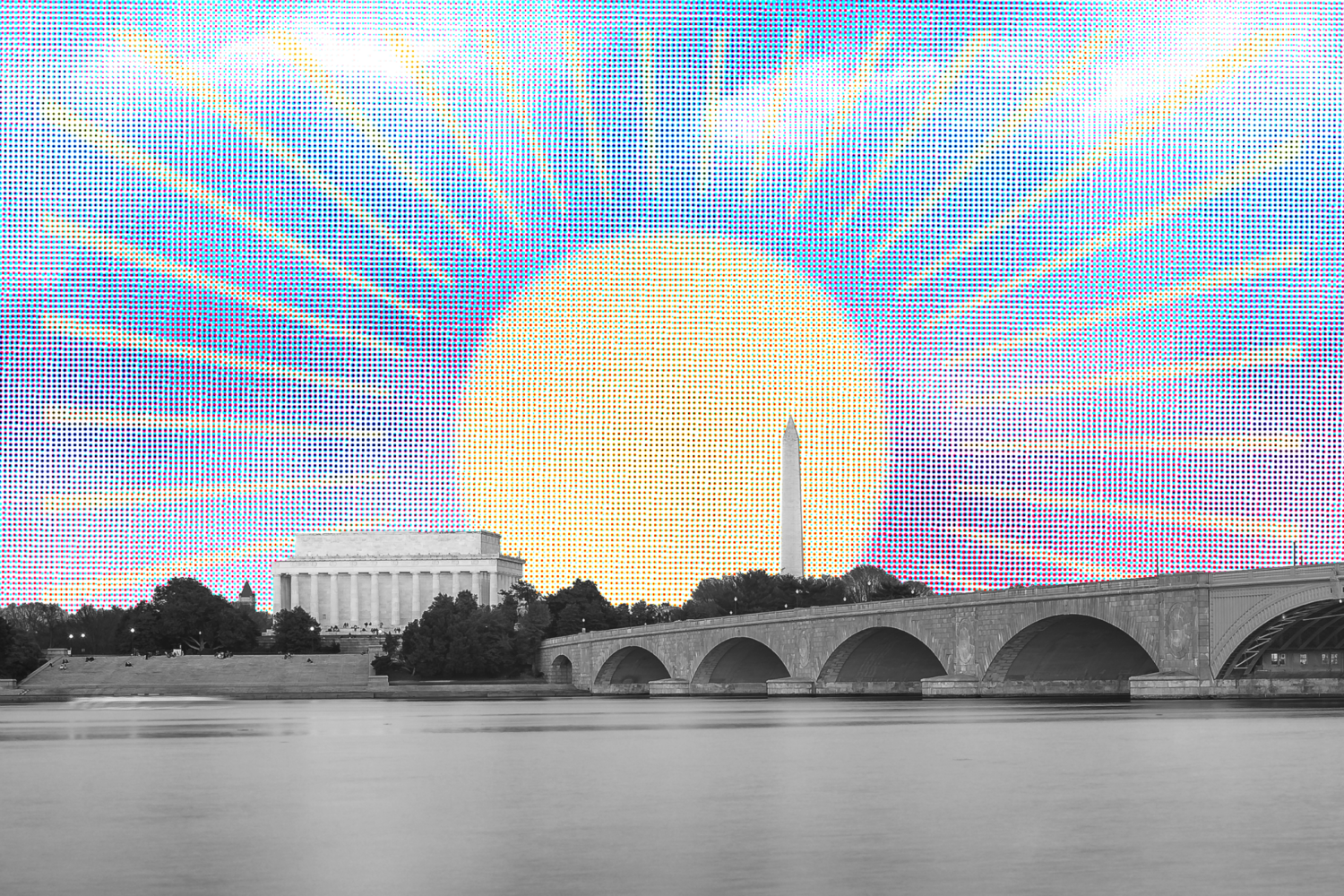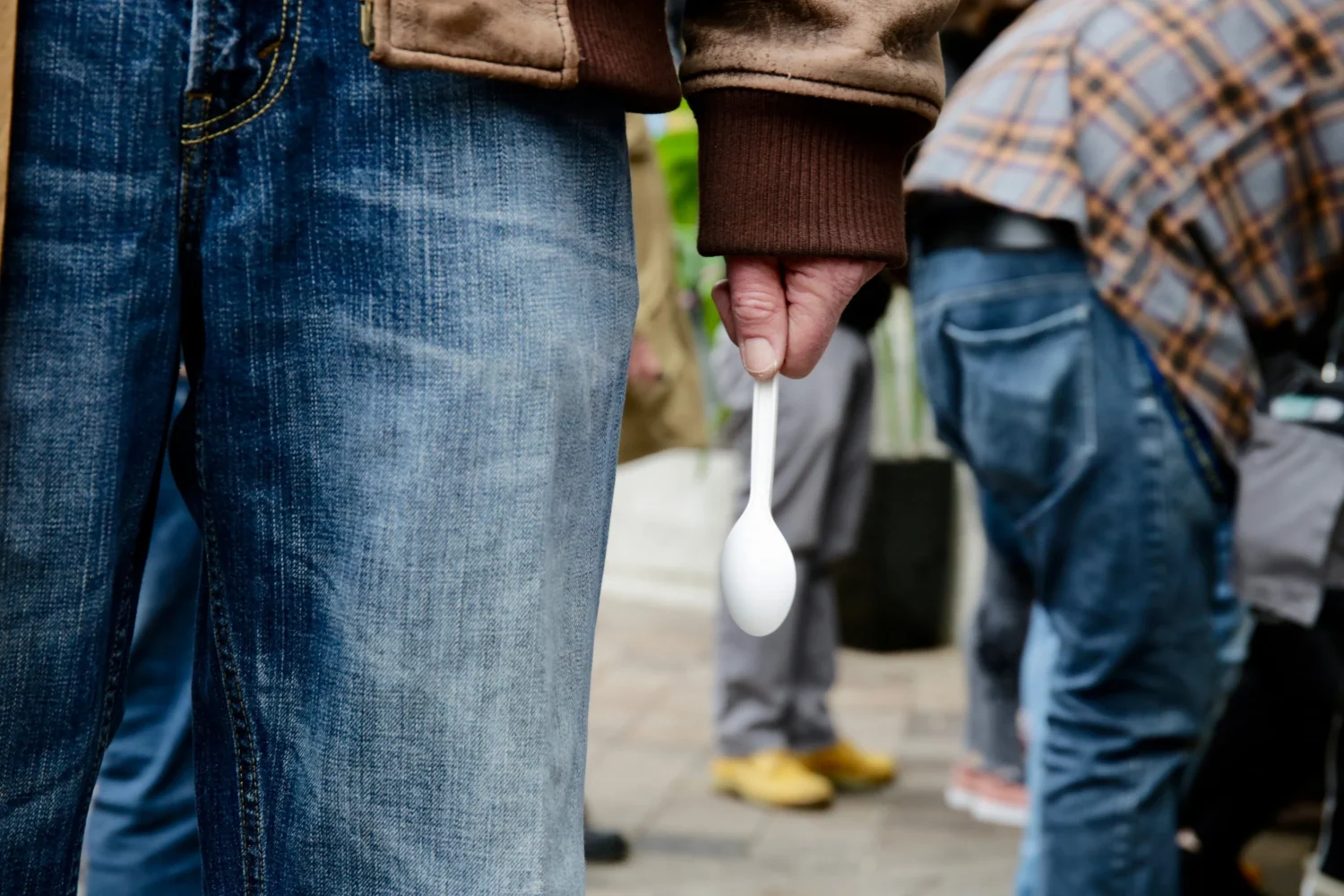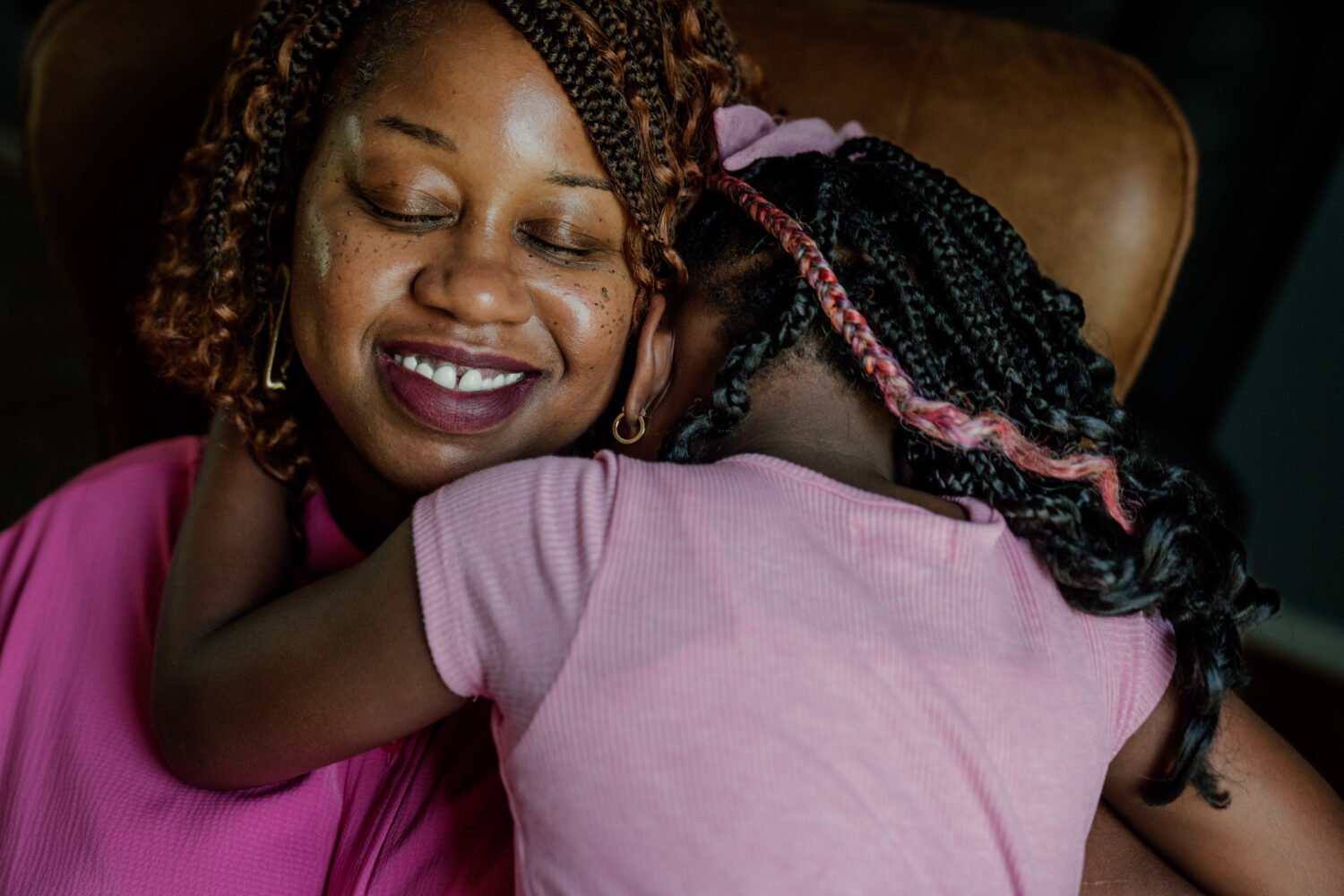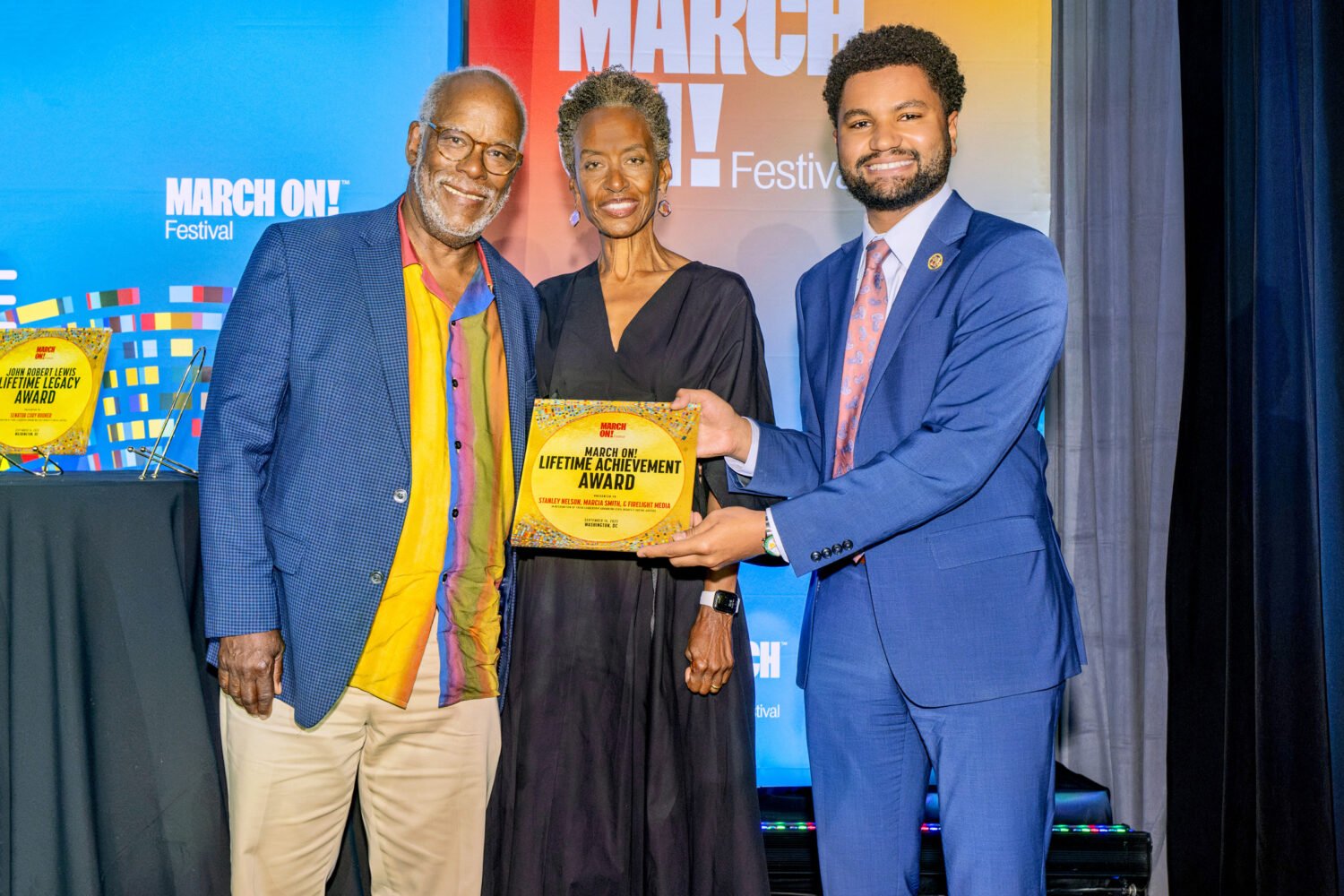
I’d never mentored a writer before, and Seth’s senior thesis didn’t begin well. He missed deadlines—computer issues mainly. Laptops broke, froze, got water spilled on them, refused to save, were locked in rooms that had no keys for the weekend. And then there were his physical ailments—fevers, chills, and mysterious illnesses that left him without the energy to type an e-mail explaining where he was.
I met with his academic adviser, and we agreed I should try to dissuade Seth from taking on such a challenging project. Writing a book of short stories while undertaking a full class load—that was a lot of work.
Seth fought back: “I want to do this.”
“No, you don’t,” I said.
“Yes, I do.”
“Why?”
He rubbed his stubble-flecked chin, stared at the ceiling, looked back at me. “I want to share what it’s like. What this”—he pointed at his ears—“is like.”
What this is like. His deafness. Seth’s ears were purely ornamental. They couldn’t hear a thing. I could relate—mine could hear only with the aid of powerful auditory devices.
I’d been a visiting professor at DC’s Gallaudet University for nine months at that point. One year earlier, I’d published my first book, The Unheard, a memoir of growing up with hearing loss and of serving in the Peace Corps in rural Zambia.
I’d learned a lot from deafness, lessons that continued to evolve as my own hearing changed in unexpected ways. I was hard of hearing at first and wore hearing aids, became completely deaf at age 32, and then gained hearing better than ever when I had surgery for a cochlear implant in 2005.
Most forms of deafness are caused by damage to the hair cells in the cochlea in the inner ear. You can be born with the damage. If you have meningitis as an infant, those hair cells can be destroyed. If you sit too close to the speakers at heavy-metal concerts or crank the iPod, they can be blown right off. And they don’t come back.
In cochlear-implant surgery, a small hole is drilled into the cochlea and a wire is threaded into it. Sound waves enter a processor worn behind the ear and are turned into a signal, which is transmitted through the skin. That signal then fires off electrodes on the wire, stimulating the auditory nerve—stimulation the brain reads as sound. The process bypasses the damaged hair cells. The result: hearing, or an approximation of it so similar that the possibilities for deaf people have been radically changed.
In just a few decades, cochlear implants have become the most popular approach for children born deaf. In 2000, the Food and Drug Administration approved the surgery for babies as young as 12 months old. Kids who would have been educated primarily in sign language now never learn a word of it. The consequences of this generational shift are stark for Gallaudet, where instruction is primarily in sign.
But implants aren’t a cure. They don’t work for everyone, and for many they work just well enough so that those around them don’t get how hard it is. And implants will remain financially out of reach for many deaf people around the world for some time.
As implant technology has improved over the last 20 years, so has research—and pride—in what it means to be deaf. Pride in deafness: This is a concept many find hard to fathom. But for millions of deaf people, their most intimate relationship is with their hearing loss. More than family, it’s always there, a teacher, a guide, and a friend.
Pride in deafness—nowhere in the world is there more of this than at Gallaudet, the only university for the deaf and hard of hearing. In a way, the successful protests of 1988, which were driven by a desire for a deaf university president, and the confusing protests of 2006, ignited by a complex variety of issues, can be seen as outbursts of that pride, attempts to convey to the world that having one less physical sense doesn’t mean you’re less of a person.
Both cochlear implants and deaf pride have life-changing consequences for a global deaf population of about 300 million. But the developments don’t always mesh. One of them aims at curing deafness, one at celebrating it. And in no place are the two trends in as heightened a dialogue as at Gallaudet. Deafness is evolving—can the university keep pace and attract students from the two camps? The survival of the university may be at stake.
Since I got an implant in my right ear, my hearing has improved by 600 percent on word-recognition tests. When Gallaudet wrote me in the summer of 2008 to offer a visiting professorship, my initial thought was: No, thanks—I can hear well enough now.
Still, the offer pulled at me. In my years of going from hard of hearing to deaf to implanted, I’d almost always felt alone. I spoke and read lips instead of learning sign language, and there’s less of a community for the hard of hearing than for someone who signs.
I learned in my solitude that a gap develops not so much from not hearing as from not being able to convey essential features of your experience to those closest to you. My parents couldn’t understand the frustration I felt if a dinner-table conversation was too noisy for me to follow. My last girlfriend—intelligent, beautiful, kind, a perfect match on paper—spoke in quick whispers that I missed more often than not. She couldn’t grasp that there are times when asking someone to repeat herself feels akin to saying you’re broken. And you don’t want to be broken.
Which, to be honest, is how my bank account was at the time. I accepted Gallaudet’s offer and moved onto campus.
Perhaps you’ve driven by it? It can be intimidating at first. The high spiked fence lining the north side of Florida Avenue, Northeast, backed by a moat of grass, stately trees, and red brick buildings more than a century old. Built originally as a place of sanctuary for the deaf, the campus seems to retain an imprint of that purpose in its DNA: separate and full of “others.”
It made me uncomfortable. But all right, I’d try it for a year.
The first semester, Seth was my student in a survey course that looked at minority cultures at moments of crisis. The Jews in the Middle Ages, the Hmong in the Vietnam War, the Amazonian tribes against the oil companies. Twenty students were in that class, 18 deaf, and I asked them to contrast the current developments in the deaf community against those historical examples.
It was a challenging, upsetting task because in that historical perspective the students saw that minority cultures, pitted against overwhelming societal and economic forces, inevitably assimilated, disappeared, or at the very least emerged radically altered. These students were at the center of the global deaf community and deaf culture—was I saying that with the rise of cochlear implants, assimilation and radical change were the future of their culture, too? Yes, I was. Get ready, I was saying. All you’ve learned from deafness, the beauty you’ve shaped from it, the peace you’ve shared with it—the world doesn’t really care.
It was an evening class, and some students left at the break to drown these new ideas at the campus bar. Others challenged me, said I was a slave to groupthink. Some dropped out.
The thing I remember most about Seth from that class is not the quality of his work but that his papers had the class’s highest concentrations of food and coffee stains. When the debate picked up, he usually sat back.
The next semester, I taught a creative-writing seminar. The workload was heavy: In 14 weeks, the students had to read six novels and lots of shorter works as well as write two full-length stories. When Seth asked to meet with me halfway through the semester, I suspected it was to withdraw. I had the appropriate speech ready—about writing every day and never using deafness as an excuse for settling for less, and about what Einstein said (or at least what my refrigerator magnet said he said) about genius and inspiration and perspiration.
Instead Seth signed: “I’d like to write a book of short stories for my senior thesis. And I’d like you to be my adviser.”
My response: “You’ve got to be kidding.”
I talked to his academic adviser. “He wants to write a book,” I said.
“Yeah, he mentioned that,” the adviser said.
“Do you think he can do it?” I asked.
“He said he wants to do it.”
A month of false starts, excuses, and demon-infested computers followed. The school year drew to a close.
“I’m getting tired of this,” I told Seth. “I’ll make you a deal.”
“Okay.”
“From now until the end of the summer, you owe me 15 pages a week, double-spaced, 9 am every Thursday morning.”
“Fine.”
“You miss one deadline, you have one computer fart, you e-mail one paper at 9:01 and not at 9 or before and the whole thing is off. Understand?”
“Understood.”
That hadn’t gone as I’d expected. “I’ll expect your pages on Thursday,” I said.
“Okay.” He left.
“How long do you give this?” I asked his adviser.
“Until Thursday.”
I had a small office in a building overlooking a parking area where students congregated on pleasant days. The windows caught the morning sun. I arrived at the office at 7 every morning to work on my own book, an allegorical novel about how society treats its defectives. It had a love affair, a world-weary detective, a bomber on the loose—it seemed to be going everyplace and no place.
When my work faltered, I stared at the students hanging out in the parking area. Their signing was beautiful: With their hands and arms and bodies, they carved up and fluffed out the space in front of them. They made that space breathe and filled it with energy and moved that energy around, flattening it, kneading it, passing it back and forth. They flirted, they boasted, they teased. Watching them, I thought again about what it meant to be deaf.
Deaf people are doctors, lawyers, professional baseball players, Academy Award winners. Reed Doughty, a severely hard-of-hearing man, plays free safety for the Redskins. Vint Cerf, a deaf computer genius living in Northern Virginia, is the father of the Internet.
And yet: The world hears and expects you to hear, as so many important things are happening and the TV’s playing in the background, the iPod’s blaring that new song, cars are honking, dogs are barking. At some point, if you’re deaf, every accomplishment fades away and you’re sitting in the corner, lost.
What I saw was that inside the gates of Gallaudet, everyone’s been in that corner. Some have raged against it, some have ignored it, some have found spiritual riches in the surrender to limitation, some have felt cheated by it. And from that shared disconnect there has stemmed a connection that is the essence of Gallaudet. It’s a gorgeous thing—many people with no hearing loss at all come to Gallaudet to be a part of it.
Eye contact is essential in sign language; every interaction is predicated on it, whether you’re walking down the street, eating a bagel, making love, making a point in class. Ask yourself: When was the last time you opened your eyes and really took someone in? Held her in your attention as if she were the most important thing in the universe? This is communication as an act of love.
I had no idea I would find it at Gallaudet. When I taught the class on minority cultures the first semester, I was ignorant of it. It didn’t change the fact that the university would need to evolve radically to survive the changes brought on by implants. But it changed the stakes. Whereas before I saw the university’s possible closing as a natural progression and no great loss for the larger world, now I wasn’t so sure.
My novel waited. More and more, I watched the students out the window.
Seth showed up at my office with bleary eyes and bed-head hair. Under one hand, he had an old computer he’d scavenged from a closet in the honors department; in the other, a large cup of coffee.
“Let me help you with that,” I said, grabbing the coffee.
He found a table in the hall, dragged it into the office, set up the computer. He turned the computer on, opened Microsoft Word, stared at the screen for 15 minutes, stared at the ceiling for 15 more, then sighed and clicked on a Web site about skateboarding accidents. I couldn’t help but laugh.
“What’s so funny?” Seth asked.
“You’re a writer now, brother!”
But he kept at it. Three mornings a week, he came to my office at 7. If I was a few minutes late to unlock the door, he shook his head in mock disgust. He read voraciously for inspiration: Denis Johnson, Cormac McCarthy, Zora Neale Hurston—eclectic authors who burned on the page. He carried around index cards to jot down ideas, experimented with writing at all times of the day, with no sleep, with too much sleep, with infusions of coffee, green tea, Heineken. And this was summer, when college-age hormones desperately need to run free. Every Thursday, the pages were there.
And they were fascinating, each submission more surreal than the last. The verbal and narrative energy had a thrilling recklessness—it hurtled through time and space: from Victorian England to the darkest Amazon to a bunker-like pub that may or may not have been at the last rest stop on the thruway to hell.
Every story was couched in spiritual yearning. In one, a doctor paused after informing a distraught woman that her injured husband would now be infertile:
“You knew immediately that a million thoughts were going through that small highway tunnel through that skull of his, with a thousand fluorescent lights fixed on the topmost part of the inside of the tunnel and the walls painted white so that it would get so bright when the cars sped in and out like lightning. And running through that small, dwindling tunnel was God himself, being the brightest thing you could witness, and he touched the lanky man in the doctor’s coat and brought him all the emotions that you could ever possibly feel in a millisecond. And because it was so much in so short of a moment the doctor didn’t know what to do with the emotions, everything fell apart inwardly and Rome was destroyed: his observance and knowledge of the world was not from the book of Medicine anymore, it was not about objectivity nor was it about sterility, or even fertility, but about being soft in the heart and being real.”
Seth was 20. He still handed in papers with pizza stains, drank Red Bull until he vibrated, bragged about hangovers. How did he feel all that?
“How’d you come up with this?” I asked.
He shrugged, pointed to his coffee.
In another story, a queen grew annoyed that her subjects, while submitting to her demanding rules, still maintained the inviolability of their souls by sneaking outside to stare at and take in the glory of the heavens, so “she ordered the King’s army, now hers, to build a tall ceiling that forbade her people from the skies.”
It was a challenging metaphor for deafness: Seth loved silence, it gave him peace and community, but the powers that be were trying to take it away from everyone they could. Defensive, brilliant: He was picking up the dialogue from the first-semester class, when I’d said the world was changing and changing away from you, so what will you do? What will you offer? Why should the world care?
Because I’m whole, he was writing. Because my being whole broadens the definition of it and makes yours possible, too.
Seth’s talent challenged me to become a better teacher. He wrote beautiful lines, tapped into emotions that transcended hearing and deafness, and created images that bounced around my brain for hours. But he had only a passing acquaintance with the essentials of telling a story: dramatic arcs, character development, the notion that people had to want something and that they had to suffer for that thing. I pushed him to make his characters more complex. He bridled against the pushing.
We also argued about the way forward for Gallaudet. He felt that the university should champion its communal connection. I felt that people were worried about their credit-card bills and where their tax money went. We needed to focus on preparing students to find jobs.
In a way, we embodied the debate that had roiled the campus since the 2006 protests: Which way forward?
Through Gallaudet’s culture and its influential Deaf Studies department, thousands of isolated deaf people around the world had come to appreciate themselves and the subtle gifts deafness brings. They’d made beautiful films and art, received doctorates, gone back to their hometowns in rural states and distant nations and passed along hope and possibilities to another generation of deaf students. The university had become the mecca of deaf culture. Was that enough?
Some on campus, including me, wanted to lessen the focus on pride and self-discovery and focus on workplace skills. Over time, the two camps had hardened against each other. Was there a place they could meet?
In my office in the early mornings, Seth and I struggled to find one. He had deaf parents, a lovely deaf girlfriend, and a boisterous crew of deaf friends. He had been born into a family that included him in all activities. He had attended the Model Secondary School for the Deaf with students from similar backgrounds and had no desire to get an implant or to hear.
I’d come from about as different a communication background as possible for a deaf person. I was the first person in my loud New York City family with hearing loss; I grew up with my head in books and never attended a class with another deaf person. Seth’s first language was sign; I didn’t pick it up until I was in my thirties. And though I had never found such understanding of my condition as I did on campus, I didn’t think that was enough.
“The world only cares what services you can provide and what money you can make for it, Seth, not who you are.”
“So then change the world!” he signed. “Show people all this place is.”
“How are we going to do that?”
“I don’t know. But shouldn’t we be trying?”
“How, Seth?”
He turned to his computer and angrily banged out another couple thousand words.
“He’s stubborn,” I told his academic adviser.
“Oh, I know,” said the adviser.
“He doesn’t listen.”
“Must be tough.”
“I haven’t done this before. Mentored like this. Had to deal with all this. What do I do?”
The adviser smiled: “Hey—I’m just thrilled he shows up.”
Summer ended, another school year started. Seth was working hard. His computer problems ended, his health improved. Previously, he’d had the air of one of those too-cool-for-school students who can’t let their friends see them trying; now some weeks all he did was sleep, eat, go to class, and come to my office to write.
My own novel devolved into serial backspacing as I continually reassessed what I thought I knew about deafness. All this change brought on by implants and identity: What would the final result be? Would the riches of the community be lost? Would the university close? In trying to be like everyone else, would we lose ourselves?
While Seth wrote, I surfed the Web.

In January of this year, a new university president, Alan Hurwitz, took office. He’d been president of the National Technical Institute for the Deaf in Rochester, New York. He brought experience and can-do spirit and started some long-overdue reviews and changes.
But a few months earlier, Congress had frozen the university’s budget. (Gallaudet is 70 percent federally funded.) Discussions of implants and identity were muted as talk of layoffs spread.
Then came a month of snow, and then it was spring and the neighborhood around Gallaudet was changing. A couple of blocks away on H Street, Northeast, a new nightlife oasis sparkled out of the blight. Transformation was everywhere.
I got an e-mail from a friend writing a book about the next generation of implantable technology. Soon, he’s certain, we’ll implant memory chips in our brains instead of delegating them to our phones.
But you wonder: The human need to feel worthwhile and loved and connected, to have a few moments of peace before the next e-mail announcing that a bill is due—how is this accounted for in our society’s constant noise? Wouldn’t the communal connection of Gallaudet be worth looking at?
Seth came to my office on a warm day in early May to have me sign off on his completed project. Parts of it had already won awards. The full story collection sat on my desk. “Thats Probably Why God Rested” was the title, the idea being that God on his throne is saying: Hey, four senses is enough—let’s chill.
That’s a good title, I told Seth. He beamed.
A couple of weeks later, I got an e-mail saying my contract would not be renewed. It wasn’t that the university was going in a new direction; it had just run out of money. And like that, my Gallaudet experience was over, or at least indefinitely paused. (Two months later, I was rehired in a different position.)
All our wondering and debating, all our writing and arguing about writing, forgetting that the fate of universities and careers and empires almost always comes down to the same thing. Money.
I stared at the e-mail for a while and then opened another browser and booked a plane ticket to Peru. I pulled my novel out of a drawer.
But a few weeks earlier, I had picked up Seth’s book and skimmed the pages. “As she rested on my chest,” I read at the start of the last story, “I stared into the afternoon sky and began walking out of my eyes. . . .”
A lovely line. Unbound from his body, the protagonist traveled out a motel window, down a littered avenue, back into memory, and then, alas, got stuck in love-is-hard and no-one-knows-the-trouble-I-seen. Still, progress.
“There’s tremendous beauty here,” I said to Seth. “But a lot of work left to do.”
“There is,” he agreed.
Subscribe to Washingtonian
Follow Washingtonian on Twitter
More>> Capital Comment Blog | News & Politics | Party Photos


